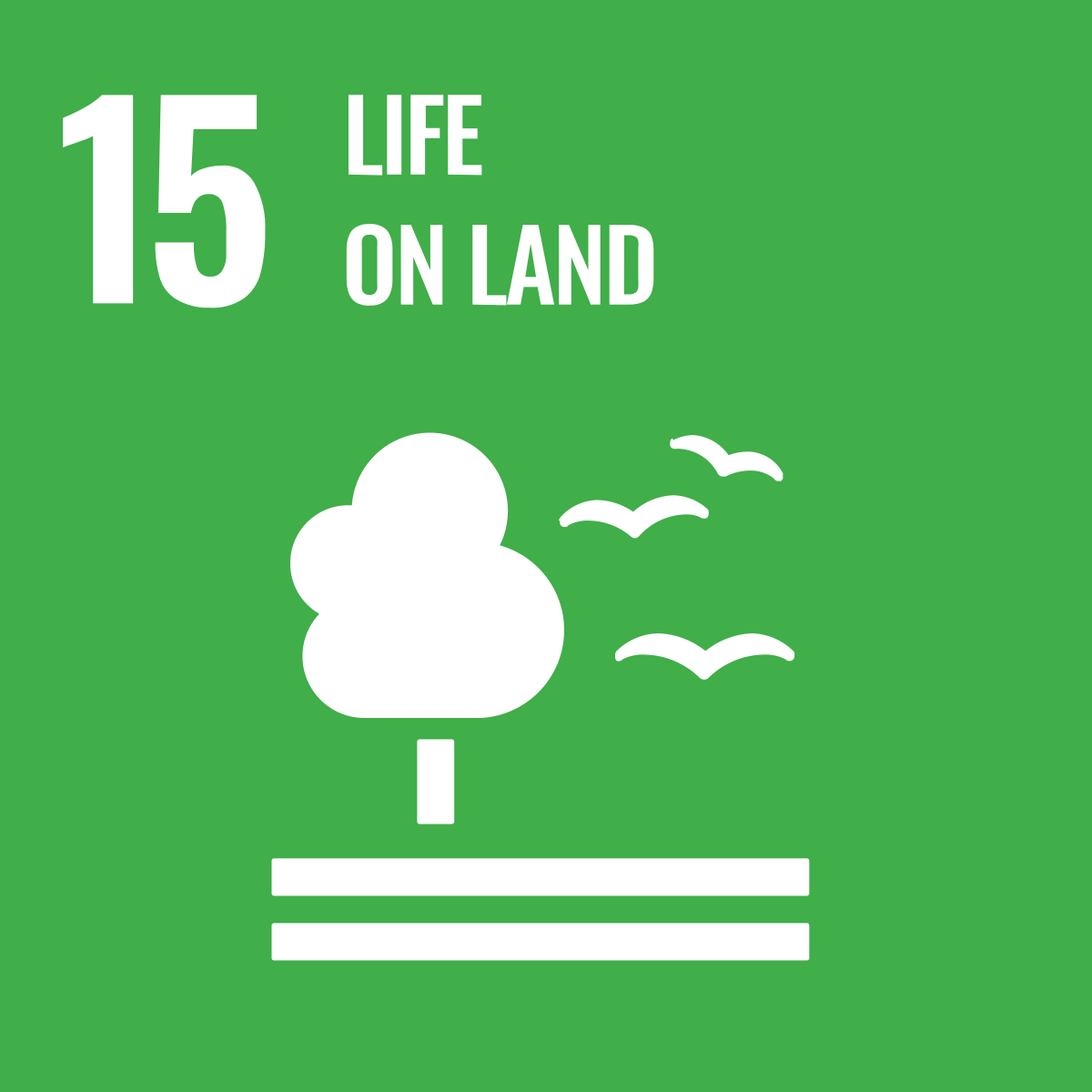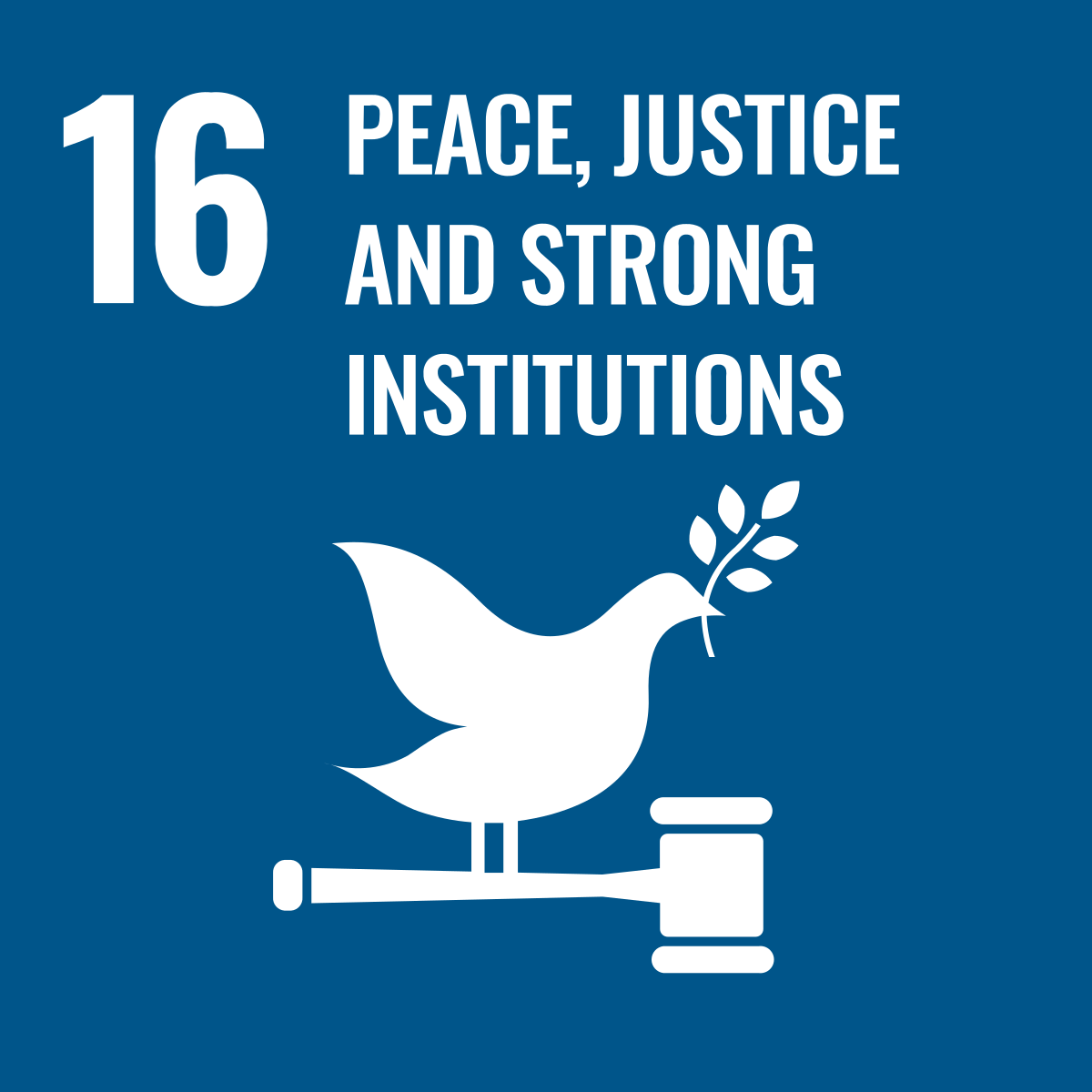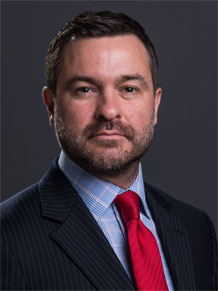


2025 Defence, Security and Resilience Challenge
Challenge overview
*We apologise but due to unforeseen circumstances, this challenge will no longer run this year.
The contemporary strategy and security landscape is as challenging as ever: war in Ukraine, conflict in the Middle East, a systemic climate crisis, technology, such as AI/machine learning offering hope but also significant concerns, and how all such security issues are represented accurately, or not, in the media environment - how do you know what to believe?
This interdisciplinary challenge takes a broad definition of security in a global context to assess a range of threats, challenges and, possibly, opportunities around the themes of defence, security and resilience. You do not need any prior subject matter knowledge for this challenge. Using the University of Exeter's own world leading academics, plus a special guest keynote speaker, you will explore security through the lenses of: war and conflict; technology including AI / Cyber; the Media, truth and security; defence, security and climate resilience; nuclear weapons and non-proliferation.
You will be taught critical employability skills including: team working, systems / design thinking, how to frame your solutions for policy makers, how to present, verbally and written, to policy makers including composing your own Ministerial Submission on a subject of your choice.
The world is full of wicked problems, come and join the Strategy and Security Institute's Grand Challenge to help you identify some of the things we can do to start to make a difference.
This challenge will be run on Streatham Campus.
Enquiry groups
Your enquiry group is based on the subtopic of the challenge that you will focus on during the week, providing you the opportunity to concentrate on the policy area of the challenge that you are most interested in. These are the enquiry groups that are running in 2024.
War and conflict are a lived reality in Europe, the Middle East and parts of Africa. What is war and conflict in the contemporary world? What are its causes and what do state and non-state actors hope to achieve by the use of military power? This enquiry group will assess the nature and character of war in the twenty-first century and what options are available to policy makers to limit and eventually bring to an end contemporary war and conflict.
Debates over the utility and dangers of enhanced development of AI, continue to dominate defence and security. From what may now seem traditional challenges such as cyber attacks, to human/AI interfaces and concepts of 'Super Soldiers', killer AI controlled drones, and energy weapons. The fears and opportunities of science fiction are already a reality for policy makers to deal with.
As the world continues to debate the impact of climate change, we have already seen the defence and security implications. Climate Change affects us all: from forced migration due to desertification and food shortages, from California wildfires to enhanced competition over access to food, water and other resources, and the dangers posed by rising sea levels.
How can we trust what we are told by governments, businesses and what we read on Social Media? Information warfare is not new but is being used more centrally by states and groups of people to leverage power and influence. From the use of deepfakes to intentional generation of 'narratives' and biased presentation of 'evidence' and the paucity of 'fact-checking', to apportioning responsibility and the challenge of holding states and peoples to account for their actions, this enquiry group will assess the critical importance of establishing the 'truth' in a defence and security context.
2025 marks the 30th anniversary of the decision taken to extend the Treaty on the Non-Proliferation of Nuclear Weapons indefinitely. We live in a world where nuclear proliferation is still a real threat. Recent focus, at least in the west, has been on attempts to limit Iran's capabilities for acquiring and generating nuclear weaponised capabilities but there are other challenges posed by India, Pakistan and Israeli stances on nuclear weapons as well as the danger of a regional nuclear arms race if Iran does indeed nuclearize.

Dr Martin Robson (FHEA) is an Associate Professor in Strategic Studies. He specialises in the utility of history and strategic theory for contemporary application.
